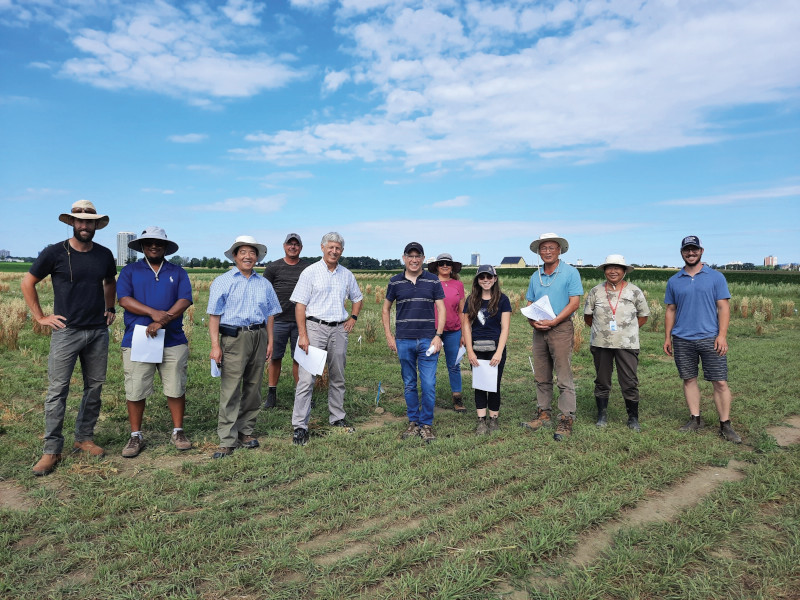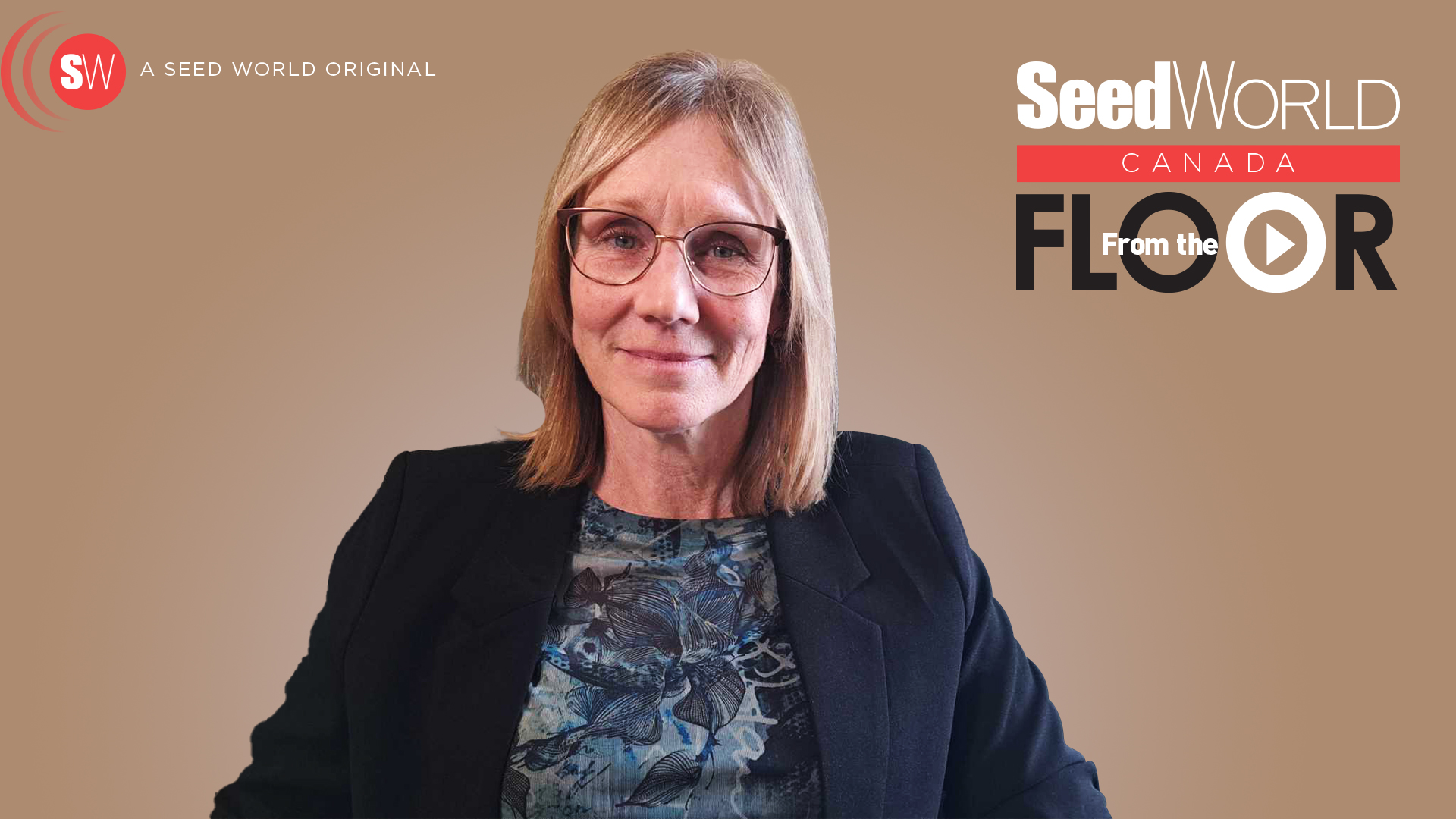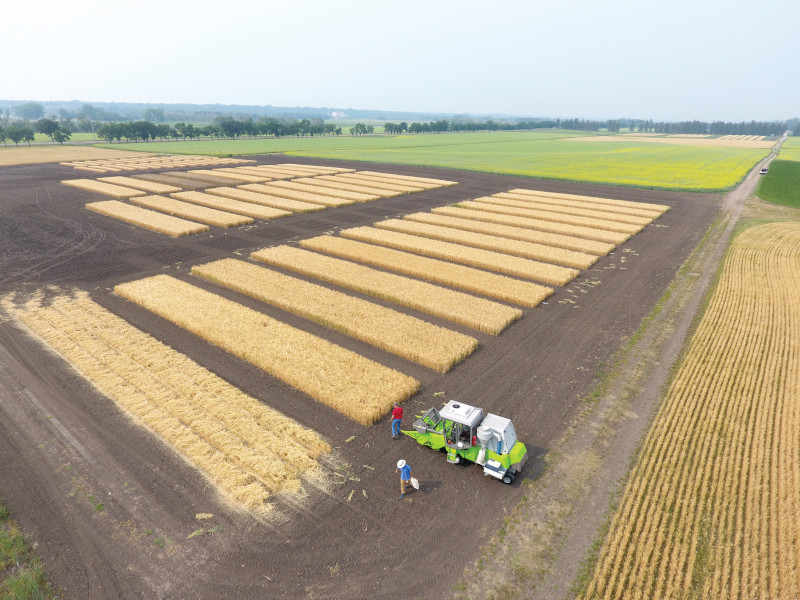Hiroshi Kubota’s path in plant science happened in two chapters, you might say. The first traces back to his childhood in Japan, where his uncle’s volunteer work opened his eyes to the struggles of families living in poverty. Inspired to make a difference, he embarked on a path in agriculture, determined to contribute to a better future.
Kubota’s path led him to the University of Alberta in Canada, where he pursued both his master’s and PhD degrees. “Canada’s vast landscapes and thriving agricultural sector captured my imagination,” he recalls. “I knew I wanted to delve deeper into the study of Canadian agriculture.”
Today, Kubota is a research scientist of agronomy in sustainable cropping systems at Agriculture and Agri-Food Canada based in Lacombe, Alta., just a stone’s throw away from his alma mater. As a research scientist, his days are filled with the pursuit of knowledge and the quest for solutions to agricultural challenges. “My primary job is developing research projects and securing funding to support our studies,” he explains. “Whether in the office or out in the field, every day brings new opportunities to make a difference.”
One of Kubota’s most significant current endeavours is his involvement in the GrowBarley initiative, a pioneering agronomy program dedicated to barley research in Canada. “The lack of dedicated agronomy research for barley in Canada spurred the creation of this initiative,” Kubota notes. “My role is to develop comprehensive agronomy studies over the next seven years, focusing specifically on barley.”
At the recent Barley Symposium in Saskatoon, Sask., Kubota outlined four key research areas, each aimed at addressing critical challenges in barley production. From lodging risk prediction to variety development, his work promises to shape the future of barley cultivation in Canada.
“The significance of the Grow Barley Initiative lies in bridging the gap between variety development and agronomic research,” Kubota emphasizes. “With the right tools and knowledge, we can unlock the full potential of new barley varieties and ensure a brighter future for this vital crop.”
Looking ahead, Kubota sees endless possibilities for innovation and collaboration in agricultural research. “As technology advances, there are countless opportunities to enhance efficiency and precision in our work,” he remarks. “I’m particularly excited about integrating advanced tools into our agronomy studies.”
Moreover, Kubota is passionate about promoting sustainability in agriculture, not just environmentally, but also economically and socially. “In the Prairie region, diversifying crop types can contribute to both economic resilience and farmer livelihoods,” he explains. “It’s a multifaceted approach that holds great promise for the future.”












